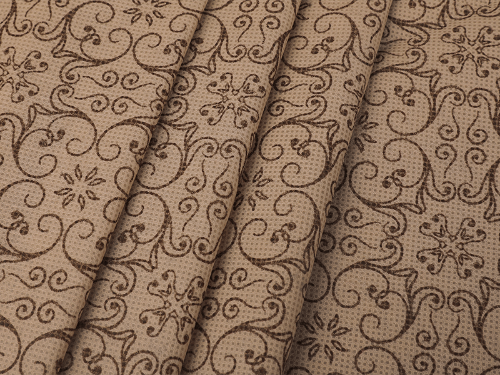
In the vast world of textiles, a quiet revolution is taking place, and its name is industrial nonwoven fabric. Unlike traditional woven fabrics, nonwoven fabrics are made by bonding or interlocking fibers using mechanical, thermal, or chemical processes, rather than weaving or knitting. This innovative material is making waves across various industries, from automotive to healthcare, and its versatility and efficiency have captured the attention of manufacturers and consumers alike.
One of the key advantages of industrial nonwoven fabric is its exceptional strength and durability. The unique production process allows for the creation of fabrics that are resilient and tear-resistant, making them ideal for demanding industrial applications. For example, in the automotive sector, nonwoven fabrics are used in the production of car interiors, providing superior insulation and noise reduction. Moreover, the construction industry has also embraced nonwoven fabrics for geotextiles, which are used in road construction, erosion control, and drainage systems due to their robustness and permeability.

Another remarkable feature of industrial nonwoven fabric is its exceptional absorbency and liquid repellence. This makes it a game-changer in the healthcare and hygiene sectors. Nonwoven medical fabrics are widely used in wound dressings, surgical gowns, and masks due to their ability to provide a sterile barrier and absorb fluids effectively. Moreover, the hygiene industry benefits from nonwoven materials in the production of diapers, sanitary napkins, and wet wipes, providing comfort and protection to users while maintaining high levels of hygiene.
Environmental sustainability is a hot topic in today's world, and industrial nonwoven fabric is making a significant contribution to this cause. Unlike traditional textiles, nonwoven fabrics can be manufactured using recycled materials, reducing the environmental impact of production. Additionally, the efficiency of the production process results in minimal waste generation. Furthermore, the disposable nature of certain nonwoven products, such as cleaning wipes and face masks, offers convenience without compromising environmental responsibility.
The rise of industrial nonwoven fabric represents a significant leap forward in the world of textiles and manufacturing. Its strength, absorbency, and sustainability make it a versatile and valuable material across diverse industries. As the demand for efficient, durable, and eco-friendly products continues to grow, the influence of nonwoven fabric is set to expand even further. Whether it's in the cars we drive, the hospitals we visit, or the products we use daily, nonwoven fabric is quietly but surely leaving its mark on the world.
